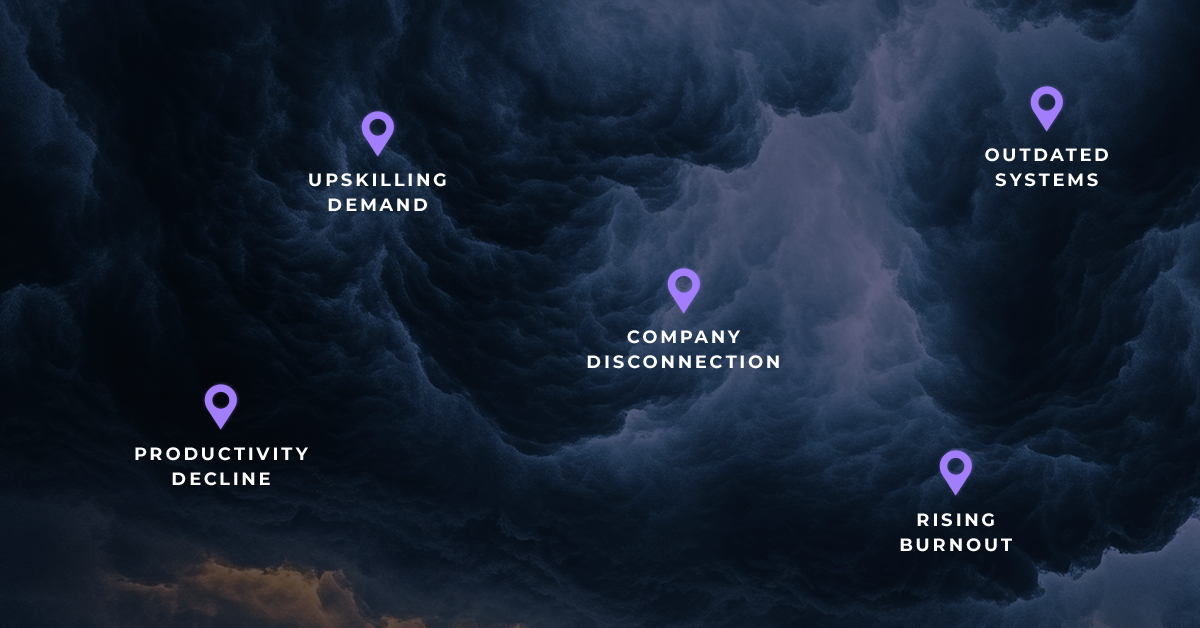Table of Contents
In times of crisis, having a well-thought-out communication plan can make all the difference. Whether dealing with severe weather, security threats, or other emergencies, a proactive approach ensures that your organization can respond swiftly and effectively, prioritizing the safety and well-being of your employees. Here’s a checklist to help you build a robust crisis communication plan.
Discover how Dow Chemical keeps employees informed and engaged through day-to-day operations with an omnichannel internal communications strategy.
Crisis communication checklist:
☐ Create a crisis communication plan: Develop a comprehensive crisis communication plan that outlines the steps to be taken in various scenarios. Include protocols for different types of crises, whether they are weather-related, security breaches, or other emergencies. Ensure that the plan is regularly updated and easily accessible.
☐ Establish alert cadences: Determine the frequency and timing of alerts. Decide when initial notifications should be sent and how often updates will be provided. Consistent communication helps keep everyone informed and reduces panic.
☐ Assign roles and responsibilities: Clearly define who is responsible for what during a crisis. This includes who drafts messages, who approves them, and who sends them out. Coordination between communications, HR, security, and any other teams is crucial for a unified response.
☐ Have draft communications ready: Prepare draft communications for various scenarios in advance. Having pre-approved templates for different types of crises allows for faster response times and ensures that messaging is clear, consistent, and aligned with the organization’s tone and policies.
☐ Choose the right channels: Identify the communication channels that will be used to alert employees. Whether it’s through email, push notifications, desktop alerts, an internal communication platform, or even phone calls, ensure that the chosen channels are reliable and can reach all employees quickly.
☐ Train your team: Regularly train your team on the crisis communication plan. Conduct drills and simulations to ensure everyone knows their role and how to execute it effectively. This preparedness can make a significant difference in a real crisis.
☐ Prepare external communications: Internal communication is critical, but don’t forget to plan for external communications as well. Prepare statements for the media, customers, and other stakeholders that align with your internal messaging to maintain consistency and credibility.
☐ Evaluate and refine: After any crisis, conduct a debrief to evaluate the effectiveness of your communication. Gather feedback from employees and adjust your plan as needed to improve future responses.
A well-prepared crisis management plan earns the respect of leadership, plays a critical role in protecting your reputation, and — most importantly — ensures the safety of your team.
Learn how the Firstup intelligent communications platform will help you reach every worker instantly in an emergency and give them a place to go for accurate, updated information.
Table of Contents
Related posts
Subscribe via Email
Subscribe to our blog to get insights sent directly to your inbox.





